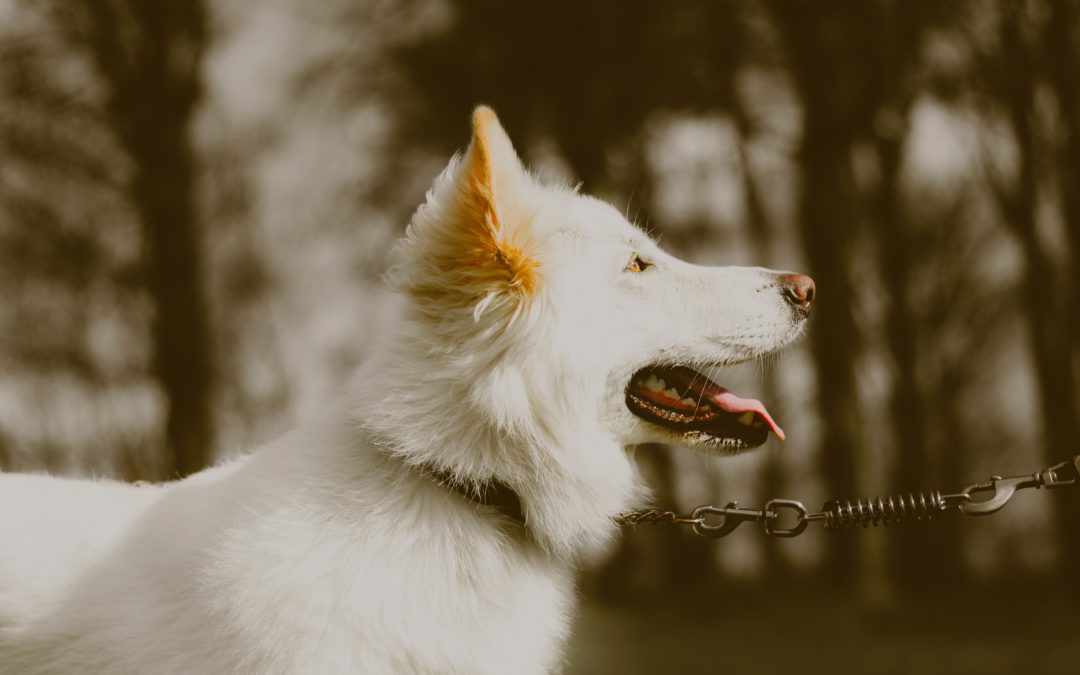As much as everyone loves puppies, it’s inevitable that one day your big-eyed pups will turn into older dogs. While we, of course, still love our senior dogs, it’s easy to reminisce about their puppy days, wishing they were just as active as they were back then. However, in today’s technologically-advanced world, just because your dog is aging, doesn’t mean they have to spend their days lazily snoozing away! In fact, researchers at Messerli Research Institute in Vienna have recently found that simple computer tasks – paired with a tasty treat, naturally – will help keep aging dogs mentally fit.
While humans do everything they can to reduce the signs of aging – from our diet to physical and mental exercises – there’s no reason dog’s shouldn’t do the same. The team at the Messerli Research Institute used computer-based brain teasers to test the senior dogs. Once the dogs mastered the use of touch screens, they turned into “avid computer gamers,” according to the study.
While many say, you can’t teach an old dog new tricks, that’s just not the case! It’s your duty, as a dog owner, to continue to stimulate your dog so he or she can live long and pawspurr. Dogs are social creatures and they love interacting with us humans– it’s not fair to write them off just because of their age. Since we don’t all have access to these high-tech brain games, here are a few things you can do to keep your aging dog’s mind sharp:
- Feed them a proper diet including plenty of vitamins C and E, along with selenium and omega-3 fatty acids. Ask your vet about using supplements as well.
- Get them outside to exercise by taking short walks in less crowded areas or playing fetch. They may not run like they used to, but fresh air is good for everyone’s health.
- Keep those teeth clean because unhealthy teeth make for unhealthy dogs and can impact both physical and mental health.
Of course, while it’s good to keep your dog active in his or her older years, it’s equally as important to know what your dog’s limitations may be. From loss of hearing or eyesight to limited mobility due to hip dysplasia or arthritis, there are plenty of reasons your dog may be slowing down. Take these factors into account as you practice brain training exercises with them– you don’t want to reverse the good you’re trying to do by overworking them!
The folks at Puff & Fluff love older pets– in fact, we encourage you to bring your senior dog in for a fresh puppy cut! Stop by any one of our four locations today!

